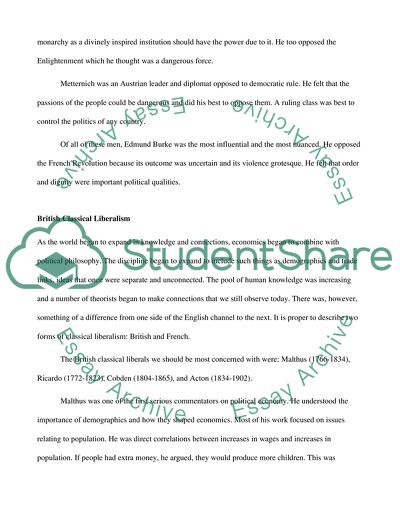Cite this document
(Political Philosophy in Europe Essay Example | Topics and Well Written Essays - 1467 words, n.d.)
Political Philosophy in Europe Essay Example | Topics and Well Written Essays - 1467 words. Retrieved from https://studentshare.org/politics/1748516-european-history
Political Philosophy in Europe Essay Example | Topics and Well Written Essays - 1467 words. Retrieved from https://studentshare.org/politics/1748516-european-history
(Political Philosophy in Europe Essay Example | Topics and Well Written Essays - 1467 Words)
Political Philosophy in Europe Essay Example | Topics and Well Written Essays - 1467 Words. https://studentshare.org/politics/1748516-european-history.
Political Philosophy in Europe Essay Example | Topics and Well Written Essays - 1467 Words. https://studentshare.org/politics/1748516-european-history.
“Political Philosophy in Europe Essay Example | Topics and Well Written Essays - 1467 Words”, n.d. https://studentshare.org/politics/1748516-european-history.


